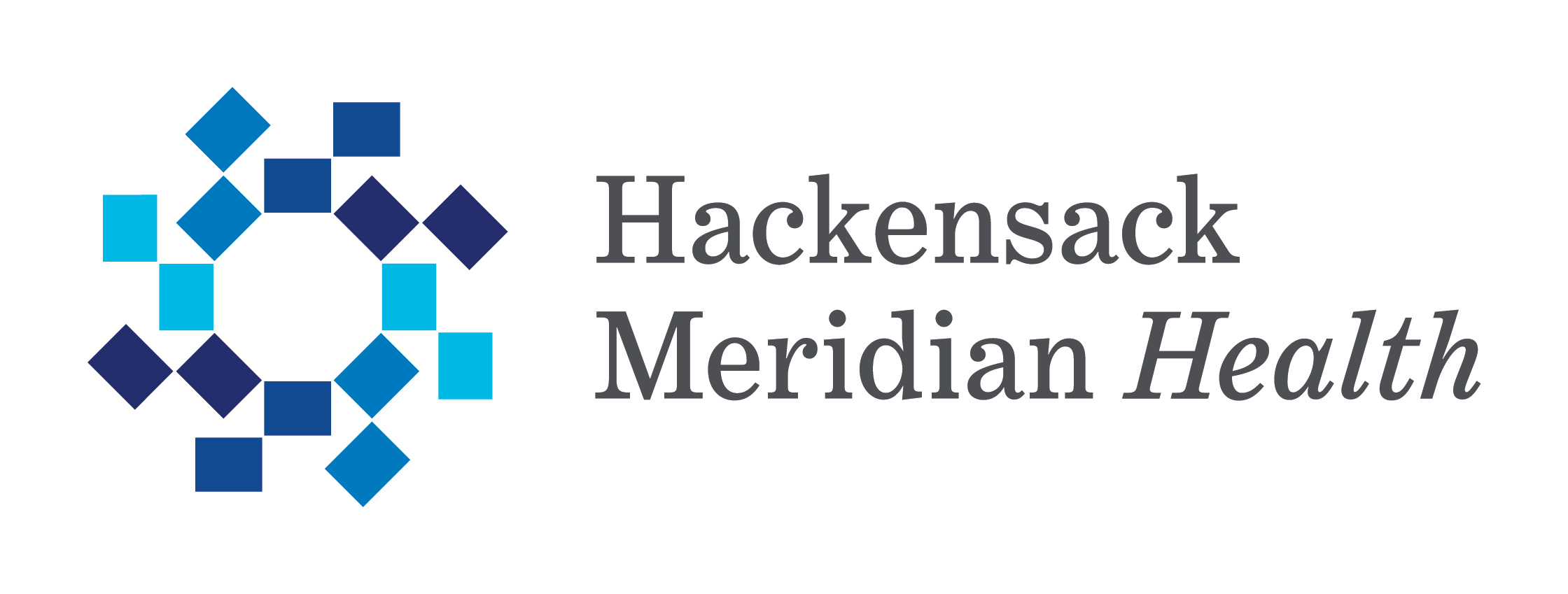Newswise — September 1, 2015, Neptune, NJ – Jersey Shore University Medical Center and Riverview Medical Center, both part of Meridian CardioVascular Network, are the first hospitals in New Jersey to receive the American Heart Association’s Mission: Lifeline® Heart Attack Receiving Center Accreditation.
The accreditation program — sponsored by the American Heart Association and the Society of Cardiovascular Patient Care —recognizes centers that meet or exceed quality of care measures for people experiencing the most severe type of heart attack, ST-elevation myocardial infarction (STEMI), in which blood flow is completely blocked to a portion of the heart. Jersey Shore and Riverview underwent numerous on-site reviews by accreditation specialists from the Society of Cardiovascular Patient Care.
“Meridian CardioVascular Network is thoroughly committed to providing our patients the highest quality cardiac care centered on current scientific research,” says Timothy J. Hogan, FACHE, regional hospital president, Monmouth County, Meridian Health. “The American Heart Association’s Mission: Lifeline® Heart Attack Receiving Center Accreditation at both Jersey Shore and Riverview highlights the advanced level of care we provide for our patients, and confirms the program as a leader in the state for cardiovascular care.”
Through its accreditation program, the American Heart Association hopes to significantly reduce cardiac death by teaching the public to recognize and react to early symptoms of a heart attack, reduce the time it takes to receive lifesaving treatment and increase the accuracy and effectiveness of treatment administered.
The American Heart Association’s overall goal for Mission: Lifeline® Heart Attack Receiving Center Accreditation is to significantly reduce cardiac death in patients by teaching the public to recognize and react to early symptoms of a heart attack, reduce the time it takes to receive life-saving treatment and increase the accuracy and effectiveness of treatment administered.
For more information on the American Heart Association Mission: Lifeline® Heart Attack Receiving Center Accreditation, visit www.heart.org/missionlifeline or www.scpcp.org.
About Meridian CardioVascular NetworkMeridian CardioVascular Network offers the most complete, coordinated care from prevention and wellness programs to the diagnosis and treatment of heart disease to rehabilitation and recovery. Jersey Shore, the system’s largest hospital and home of the state’s highest volume catheterization lab, is a regional cardiac surgery center providing surgical back-up for Meridian as well as non-Meridian hospitals in Monmouth and Ocean counties. Ocean Medical Center is one of the state’s largest providers of emergency coronary angioplasty for patients suffering from heart attacks. Interventional cardiologists at Southern Ocean Medical Center also have the benefit of direct access to Jersey Shore through Meridian’s digital imaging system, allowing instantaneous imaging of catheterization films to provide prompt and appropriate care for patients. The rare cases where emergent transfer is necessary have demonstrated excellent and seamless results. Additionally, Riverview Medical Center is a key provider of emergency and elective angioplasties, and Bayshore Community Hospital offers a full service catheterization lab.
About the American Heart Association’s Mission: Lifeline®Each year, hundreds of thousands of Americans have a type of heart attack known as ST-elevation myocardial infarction (STEMI), in which blood flow is completely blocked to a portion of the heart. Unless the blockage is eliminated quickly, the patient’s health and life are at serious risk. The American Heart Association launched Mission: Lifeline® in 2007 to improve systems of care for patients suffering from STEMI by eliminating the obstacles that keep patients from accessing and receiving appropriate treatment. Mission: Lifeline® brings together healthcare resources into an efficient, synergic system to improve overall quality of care based on the latest scientific evidence and guidelines. It addresses the entire continuum of care for STEMI patients while preserving a role for the local hospital. While there is no “one-size-fits all” solution to efficiently treat STEMI patients, Mission: Lifeline® develops protocols specific to the rural or urban area and provides recommendations for community level implementation of STEMI systems of care. The Mission: Lifeline® ideal STEMI system of care is that all parties with a vested interest treating STEMI patients — from EMS providers to cardiologists, from hospital administrators to policymakers and from third-party payers to the public —share a common belief that quality and timely patient care is the top priority. There is a mutual respect for the critical role of each player in the STEMI system. Individual parties are not out to promote their self-serving interests. Rather, everyone works together to build a consensus on the ideal STEMI system for their region, considering its unique challenges. For more information about Mission: Lifeline®, visit www.heart.org/missionlifeline.
About the Society of Cardiovascular Patient CareThe Society of Cardiovascular Patient Care (SCPC) is an international not-for-profit organization committed to leading the fight to eliminate heart disease as the No. 1 cause of death worldwide. SCPC focuses on transforming cardiovascular care by assisting facilities in their effort to create communities of excellence that bring together quality, cost and patient satisfaction. As the only cross-specialty organization, SCPC provides the support needed for individual hospitals and hospital systems to effectively bridge existing gaps in treatment by providing the tools, education and support necessary to successfully navigate the changing face of healthcare. For more information on SCPC, accreditation and certification opportunities, visit www.scpcp.org or call toll free (877) 271-4176.
